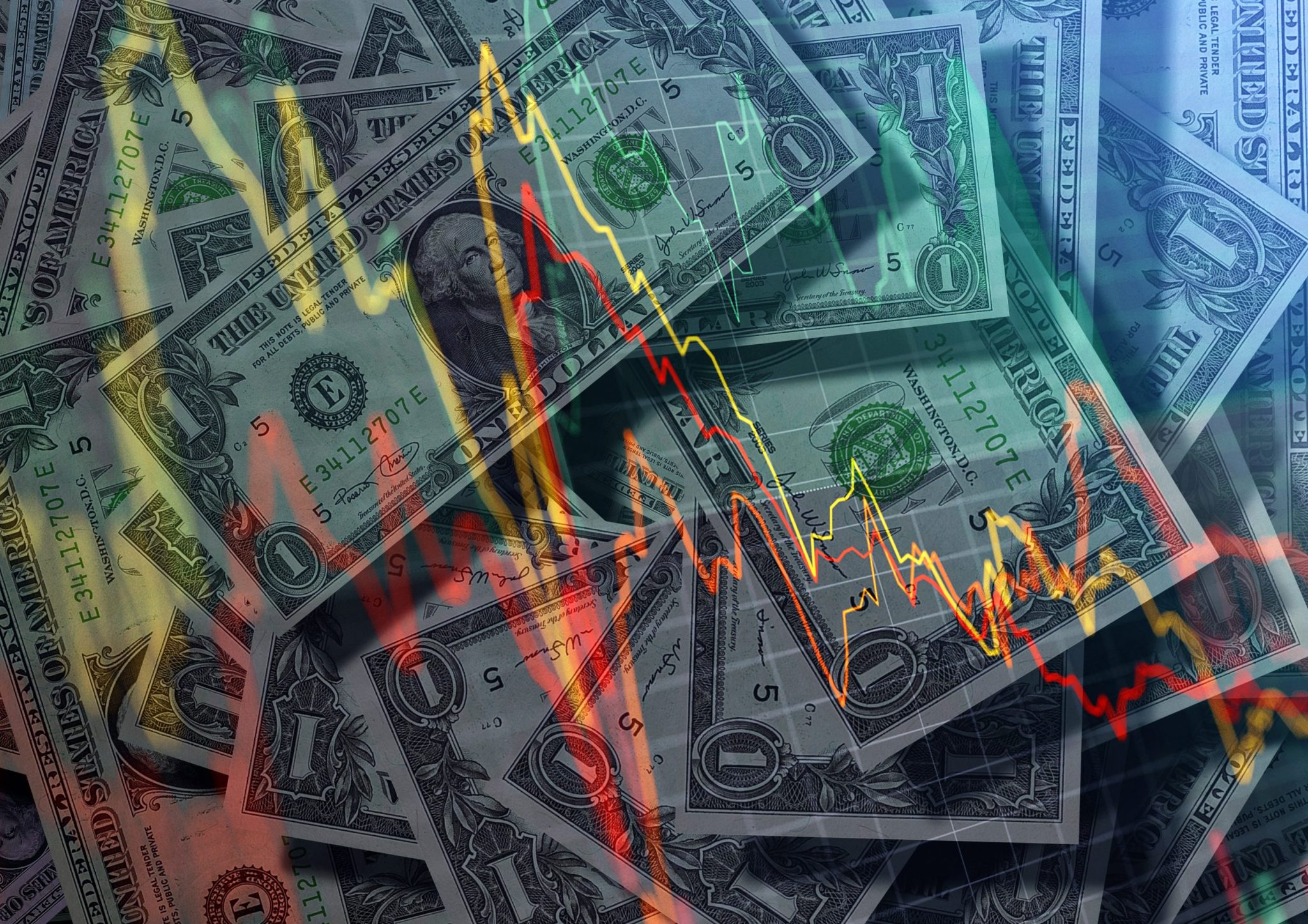Higher asset prices are encouraging consumers to spend more freely than before, with consumption accounting for about 70% of GDP. This so-called wealth effect has become significantly more potent over the last 15 years. According to a recent note from Oxford Economics lead U.S. economist Bernard Yaros, every 1% increase in stock wealth now translates to a 0.05% uptick in consumer spending. In other words, a $1 increase in stock wealth leads to a $0.05 marginal propensity to consume, up from less than $0.02 in 2010.
Meanwhile, every $1 increase in housing wealth results in a $0.04 bump in consumption, up from $0.03 previously. Yaros explains, “As households see their wealth rise, they turn more sanguine about their personal financial situation and are more inclined to loosen their purse strings.” He adds that increases in wealth also propel spending by allowing homeowners to extract more equity from their houses or liquidate appreciated stocks to fund current consumption.
Looking ahead, Yaros expects the wealth effect to grow even stronger as retirees make up a larger share of the population. Retirees generally hold a larger net worth than younger generations, and they will likely rely more on their accumulated wealth to support their consumption after they stop working and earning income. Additionally, the ubiquity of digital media means consumer sentiment now reacts more quickly to market news, reinforcing these wealth effects.
This enhanced wealth effect helps explain why consumer spending has remained resilient. Despite President Donald Trump’s trade war keeping inflation high and causing business uncertainty, artificial intelligence (AI) continues to drive the stock market to record highs. The market has become increasingly dependent on AI-related stocks, including chip leader Nvidia and major tech companies like Microsoft and Google.
Based on his wealth-to-spending calculations, Yaros estimates that stock market gains over the past 12 months from the tech sector alone will boost annual consumption by nearly $250 billion—accounting for more than 20% of the cumulative spending increase. He notes, “While the stock market is not the economy, the latter risks greater whiplash from the ups and downs in the former.”
Analysts at JPMorgan also studied the link between the AI boom and consumer behavior in a note last month. They estimated U.S. households gained more than $5 trillion in wealth over the past year from 30 AI-linked stocks, raising their annualized spending by about $180 billion. Although this represents just 0.9% of total consumption, JPMorgan pointed out that the impact could grow if AI drives gains in a broader range of stocks or other assets like real estate.
It’s important to note that stock ownership is not limited to wealthier Americans. A recent survey from the BlackRock Foundation and Commonwealth found that over 54% of Americans earning between $30,000 and $79,999 annually are retail investors in the capital markets. More than half of this group began investing within the past five years.
That said, the wealthiest Americans still spend the most, and the emerging K-shaped economy has amplified their influence. Research from Moody’s showed that the top 10% of earners accounted for half of all spending in the second quarter—a record high. Michael Brown, senior research strategist at Pepperstone, attributes this to the wealth effect from stock and real estate gains as well as income disparities.
“Putting all this together produces two outcomes: an economy increasingly reliant on discretionary spending among higher earners, and higher earners whose discretionary spending depends on risk assets remaining buoyant,” Brown wrote in a recent note.
This dynamic gives central bankers at the Federal Reserve, who control monetary policy, and lawmakers in Congress, who oversee fiscal policy, a greater incentive to support the stock market. The wealth effect can work in reverse—falling asset prices tend to slow spending and dampen the economy. Brown concludes, “We have an economy tied increasingly closely to the fortunes of the equity market, and an equity market increasingly tied to overall consumer spending. Together, these create a stronger ‘put’ structure to backstop risk assets, supported by ongoing fiscal stimulus and a looser monetary backdrop.”
https://fortune.com/2025/11/02/stock-market-wealth-effect-economic-growth-consumer-spending/



